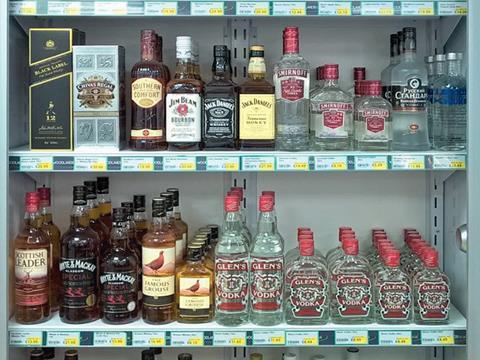
The ACS has welcomed new sentencing guidelines, which help courts gauge the seriousness of retailer breaches of alcohol laws.
The Sentencing Council created new guidelines for offenders standing trial for crimes including the sale of alcohol to a drunk person and the sale of alcohol to children.
In the guidelines, the Sentencing Council stated offenders would be more culpable for factors including if the drunken person attempting to buy alcohol was highly intoxicated, if the person was sold a large quantity of alcohol, or if the retailer made no attempt to establish the age of a young person making the purchase.
“The proposed guidelines are an important step forward in ensuring that sentencing for alcohol sale offences is fair and proportionate,” said ACS chief executive James Lowman.
“Alcohol is an important category for the convenience sector and retailers take their responsibilities in preventing the sale of alcohol to those underage or intoxicated very seriously. Many retailers are often the victims of verbal and physical abuse when refusing the sale of alcohol, so we need to ensure that the justice system also supports retailers doing their job.”
Although the ACS supports the new guidelines, it voiced concerns about the risk of violence directed at retailers who refuse to sell alcohol to underage or intoxicated people.
It said in a statement: “Retailers can often find refusing sales of alcohol challenging. There were an estimated 10,945 violent incidents resulting in injury in the convenience sector last year.
“The likelihood of being a victim of violence and verbal abuse is too high, and, as such, staff members and retailers can be intimidated and need to know they will be backed up by the justice system when refusing sales.”
It also outlined concerns about criminal cases in which retailers are found more culpable for supplying the drunk or underage person with a “large quantity of alcohol”.
“While we welcome ‘factors indicating greater harm’, which will provide courts with clarity on the seriousness of the offence, we believe interpreting the ‘large quantity of alcohol supplied’ factor may be challenging,’
“There must be a clear definition of what is deemed a large quantity of alcohol, and whether this refers to the alcohol’s strength or volume.”



















No comments yet